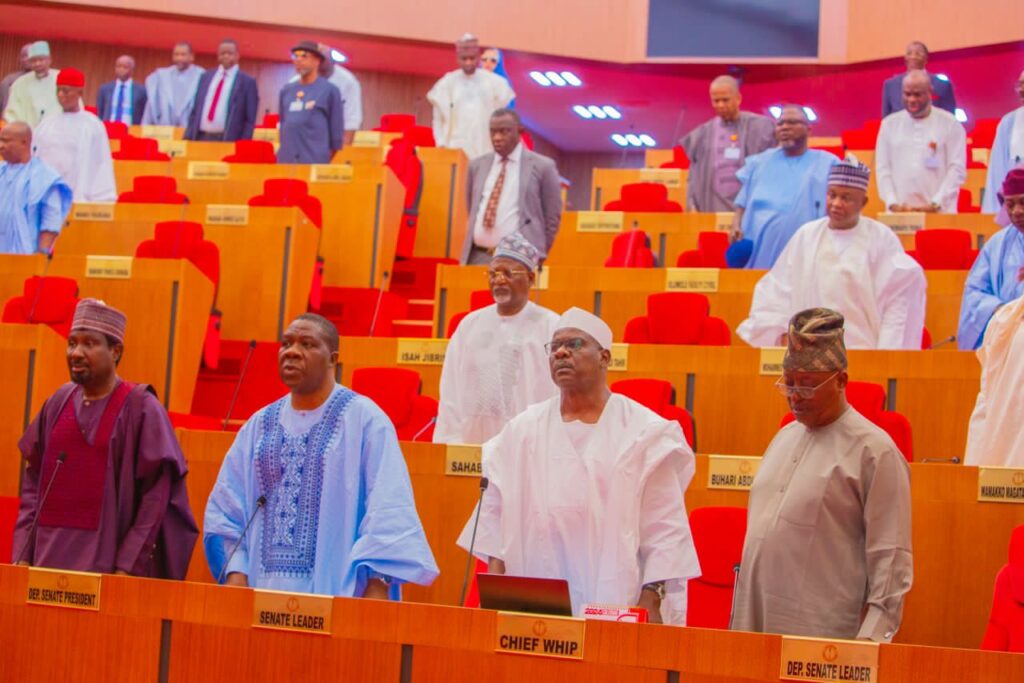The Senate, on Tuesday stepped up its determination to use legal means to compel all social media platforms operating in Nigeria to establish physical offices in the country.
Accordingly, the piece of legislation, titled: “A Bill for an Act to amend the Nigeria Data Protection Act, 2023, set to mandate the establishment of physical offices within the territorial boundaries of the Federal Republic of Nigeria by Social Media Platforms, and for Related Matters, 2025 (SB. 650),” sponsored by Ned Nwoko (APC Delta North), passed the second reading during plenary.
Leading debate on the bill, Nwoko said that it is not only of national importance, but also central to Nigeria’s sovereignty, economy, and technological development as it “seeks to correct a glaring omission in how multinational social media companies engage with our country.”
He noted that Nigeria as Africa’s most populous nation with over 220 million people has a significant digital presence, ranking first in Africa and second globally in terms of social media usage, spending an average of three hours and 46 minutes daily online, according to a Global Web Index report cited by Business Insider Africa.
The lawmaker pointed out that despite the high engagement, multinational social media corporations such as Facebook, X, Instagram, WhatsApp, YouTube, TikTok, and Snapchat do not maintain physical offices in Nigeria, unlike in other countries of the world.
Nwoko outlined several challenges resulting from the absence of social media offices in Nigeria, including limited local representation; economic losses as well as challenges in legal and data protection compliance.
He further revealed that the bill proposes new regulations for bloggers operating in Nigeria, mandating them to establish a verifiable office in any of the capital cities across the country; maintain proper employee records; and belong to a recognized national association of bloggers, headquartered in Abuja.
The politician explained that the measure was intended to promote accountability, transparency, and professionalism in Nigeria’s digital media space, similar to traditional media houses.
Nwoko clarified that the bill was not an attack on social media platforms, but a demand for equity and respect for Nigeria’s position as a global leader in digital engagement.
In his remarks, the President of the Senate, Senator Godswill Akpabio, said that the regulation of bloggers required careful consideration just as he agreed that having a local address for digital platforms was long overdue.
“It’s good to have an address, but bloggers are slightly different. I think the best thing is for the bill to go for a second reading and subsequently public hearing for much more streamlined clarity,” he said.
Akpabio, however, explained that the bill was not an attempt to gag social media, but rather as a framework for appropriate taxation and record-keeping for digital platforms operating in Nigeria.
After the bill was passed for a second reading through voice votes, the President of the Senate referred it to the Senate Committee on ICT and Cyber Security for further legislative process and to report back in two months.















